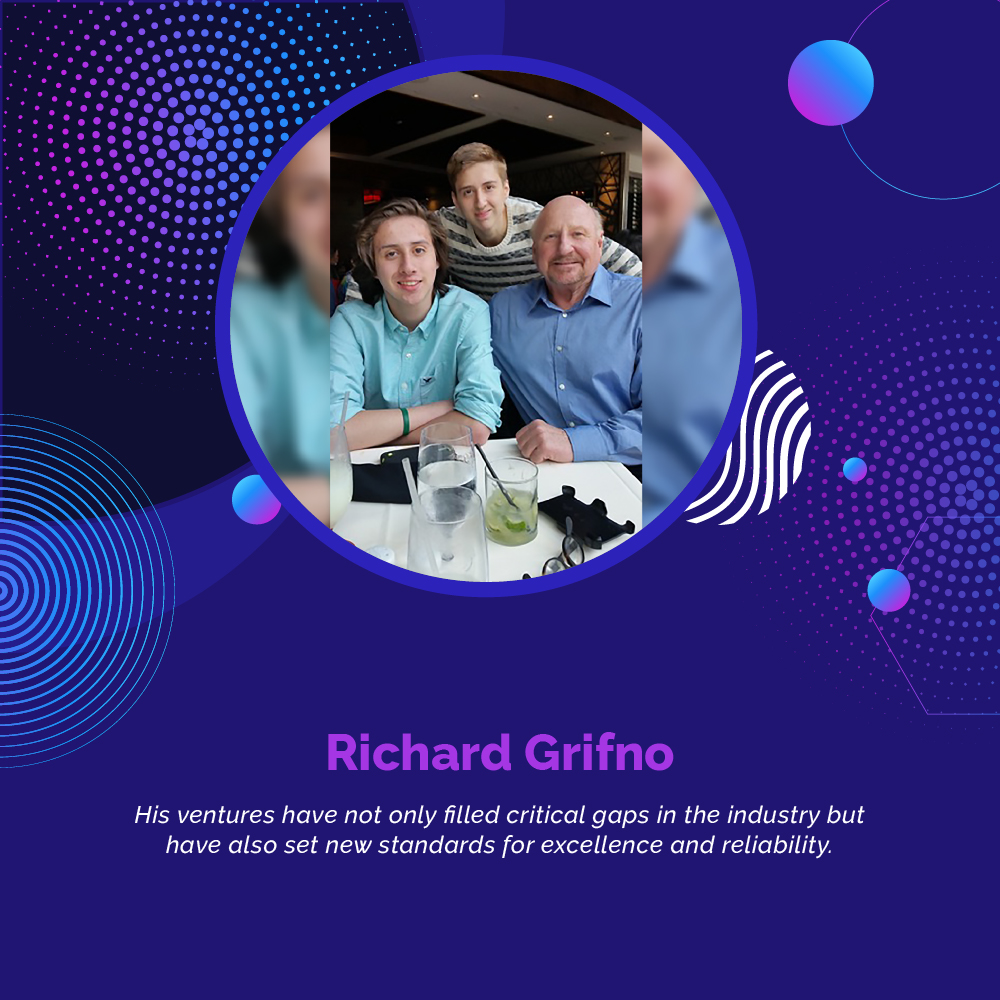
Professionals are often caught in a relentless pursuit of career success in the modern world. However, the challenge of balancing professional achievements with personal interests remains a significant aspect of a fulfilling life. This balancing act is about managing time and aligning one’s goals and values to ensure a harmonious existence. This article explores balancing professional achievements and personal interests, the challenges involved, and practical strategies to maintain equilibrium.
The Importance of Balance
The significance of balancing professional achievements with personal interests cannot be overstated. Balancing work and personal life contributes to overall well-being and happiness. Engaging in personal interests provides a necessary break from professional responsibilities, reducing stress and preventing burnout. Moreover, pursuing hobbies and interests outside work can enhance creativity and problem-solving skills, ultimately benefiting professional performance.
The Challenges of Balancing Professional and Personal Lives
Balancing professional achievements with personal interests presents several challenges. The demands of a career, particularly in high-pressure roles, can often overshadow personal interests. Long working hours, tight deadlines, and the pressure to constantly perform can leave little room for personal activities. Additionally, societal expectations and the pursuit of financial stability often push individuals to prioritize professional success over personal fulfillment.
Moreover, technological advancements have blurred the lines between professional and personal life. The constant connectivity through emails and smartphones means that work can easily encroach on personal time, making it difficult to switch off and engage in personal interests. This continuous connectivity can lead to a sense of being perpetually on-call, further exacerbating the challenge of achieving a balance.
Strategies for Balancing Professional Achievements and Personal Interests
Despite the challenges, balancing professional achievements and personal interests is possible. Here are some practical strategies to help maintain equilibrium:
Set Clear Boundaries
Establishing clear boundaries between work and personal life is crucial. This means setting specific work hours and sticking to them. Avoid checking work emails or taking business calls outside of these hours. Communicate these boundaries to colleagues and supervisors so they understand and respect your time.
Prioritize and Schedule Personal Interests
Just as you schedule work tasks, make it a habit to schedule time for personal interests. Whether it’s a weekly gym session, a book club meeting, or a family outing, block out time in your calendar for these activities. Treat these commitments with the same importance as professional meetings.
Learn to Delegate
Delegation is a vital skill in managing both professional and personal responsibilities. At work, delegate tasks to colleagues when possible to avoid being overwhelmed. In your personal life, share responsibilities with family members or consider outsourcing tasks like cleaning or grocery shopping to free up time for your interests.
Practice Mindfulness and Self-Care
Mindfulness and self-care practices can help manage stress and improve overall well-being. Incorporate meditation, yoga, or simple breathing exercises into your daily routine. These practices can help you stay present, reduce stress, and balance work and personal life.
Evaluate and Adjust Regularly
Regularly evaluate your work-life balance and make adjustments as necessary. Life circumstances and work demands change, and what works at one point may not be effective later. Periodic assessment can help you stay aligned with your goals and ensure that you dedicate adequate time to both professional achievements and personal interests.
The Benefits of a Balanced Life
Maintaining a balance between professional achievements and personal interests offers numerous benefits. It improves mental and physical health, as individuals are less likely to experience burnout and chronic stress. A balanced life also fosters better relationships with family and friends, as more time and energy can be devoted to nurturing these connections.
Furthermore, engaging in personal interests can enhance professional performance. Hobbies and recreational activities often involve skills that can be transferred to the workplace, such as creativity, problem-solving, and teamwork. Additionally, taking breaks from work to engage in enjoyable activities can lead to increased productivity and a fresh perspective on professional challenges.
Balancing professional achievements with personal interests is an ongoing process that requires conscious effort and commitment. By setting clear boundaries, prioritizing personal interests, learning to delegate, practicing mindfulness, and regularly evaluating one’s balance, one can achieve a fulfilling and harmonious life. Ultimately, the goal is to create a synergy between professional and personal domains, leading to overall well-being and success.